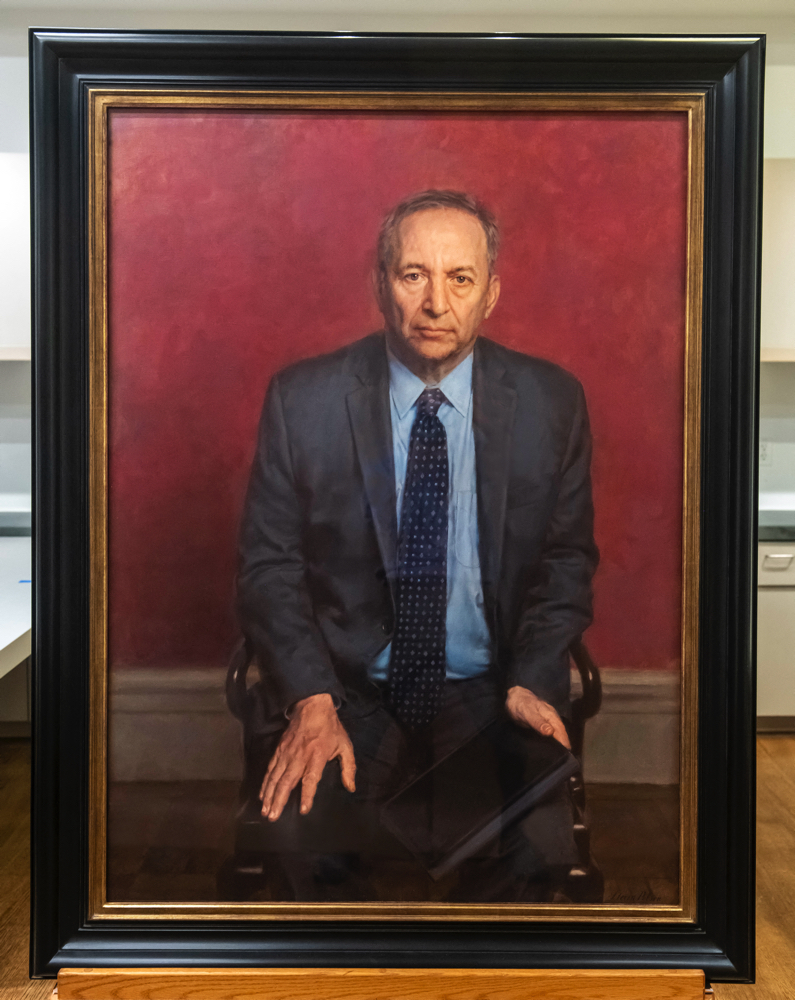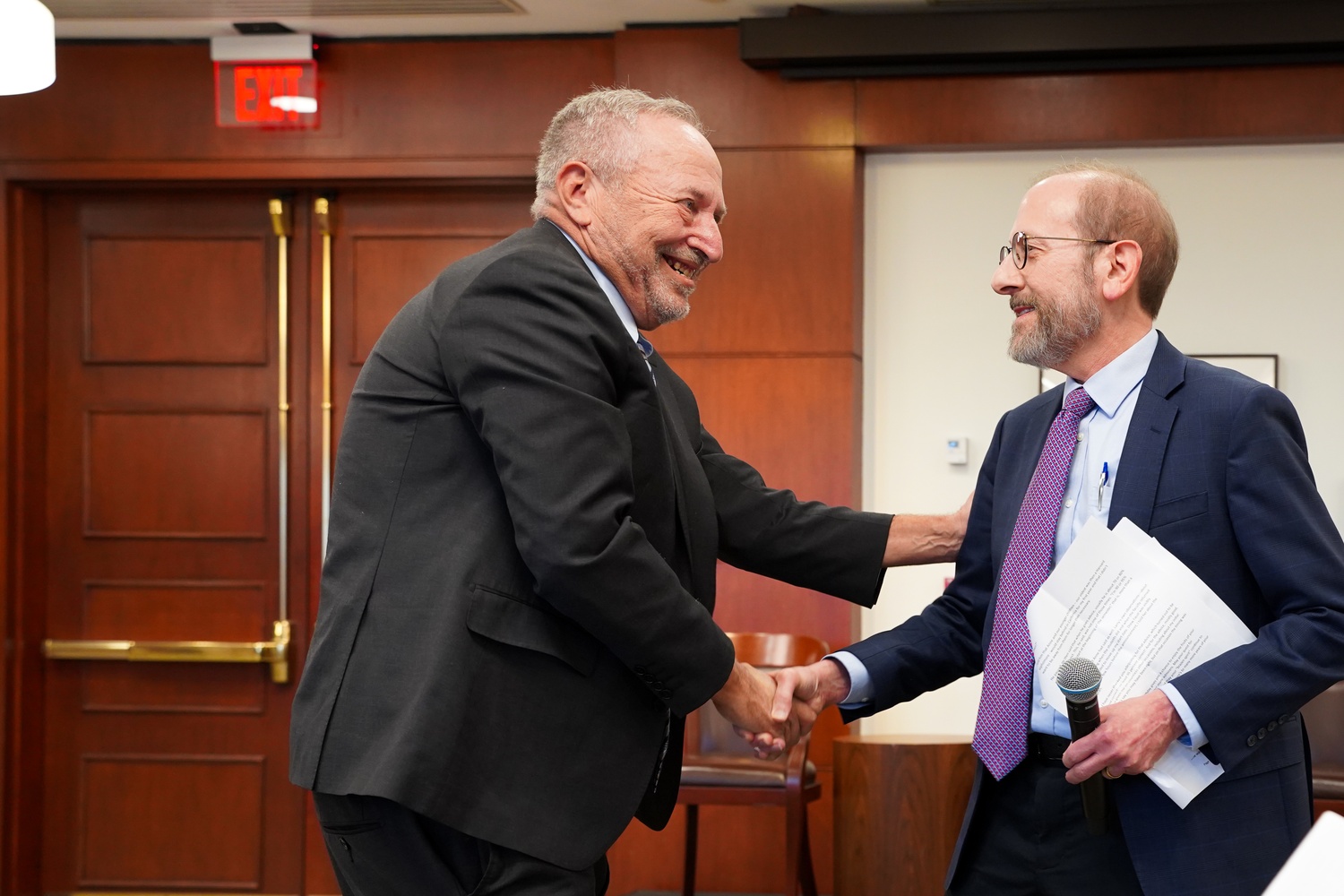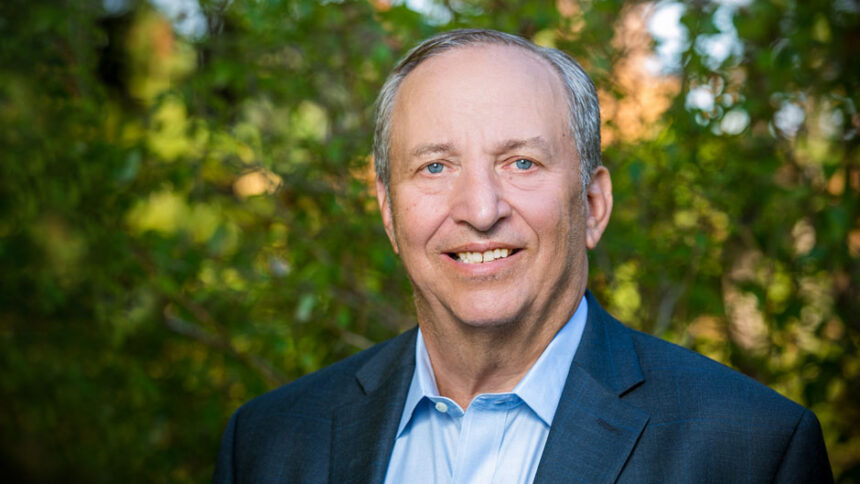Unveiling the Visionary Economist: Larry Summers

- Who Is Larry Summers?
- Major Roles in Government and Public Policy
- U.S. Treasury Secretary & the Clinton Era
- President of Harvard University
- Director of the National Economic Council & Current Work
- Key Economic Thinking & Impact
- Globalisation, Crisis Management & “Summers Doctrine”
- Education, Development & Research Emphasis
- Controversies and Criticisms
- Why Larry Summers Matters Today
- Lessons for Emerging Economists and Policy-Makers


Meta Details
Introduction
When we talk about high-impact economists in modern times, the name Larry Summers inevitably surfaces. In this blog post, we’ll explore Larry Summers’ remarkable career—from his early academic work to his roles in U.S. government, his time as president of Harvard University, and his current influence on economics and policy. We’ll examine key achievements, controversies, and what his legacy may mean for future economic debates. The keyword “Larry Summers” is sprinkled naturally throughout so you’ll get a full picture of his impact and thinking.
Who Is Larry Summers?
Early Life and Education
- Born November 30, 1954 in New Haven, Connecticut.
- Studied at the Massachusetts Institute of Technology (BS) and the Harvard University (MA, PhD).
- Became one of Harvard’s youngest tenured professors in 1983.
Rise in Academia & Early Contributions
- His research spans public finance, macroeconomics, labor economics and development economics.
- Awarded the John Bates Clark Medal in 1993 (given to the outstanding American economist under 40).
Major Roles in Government and Public Policy
U.S. Treasury Secretary & the Clinton Era
- Summers served as the 71st U.S. Secretary of the Treasury (1999-2001) under President Bill Clinton.
- Key focus: managing international economic crises (Mexico, Russia) and balancing U.S. fiscal policy.
- Notably, his tenure ended as the U.S. budget was in surplus — a rare achievement.
President of Harvard University
- Summers became the 27th President of Harvard (2001-2006).
- At Harvard, he launched initiatives to boost life sciences research and made efforts to expand financial aid programs for students from lower-income families.
- However, his term wasn’t free of controversy (for example, remarks on women in sciences) which ultimately contributed to his departure.
Director of the National Economic Council & Current Work
- Under President Barack Obama, Summers served as Director of the National Economic Council (2009-2011).
- Today, he is Charles W. Eliot University Professor at Harvard and directs the Mossavar-Rahmani Center for Business & Government.
Key Economic Thinking & Impact
Globalisation, Crisis Management & “Summers Doctrine”
- Summers is known for championing an approach where markets allocate capital, labour and ideas, but when markets “go haywire,” the government must act forcefully.
- In the 1990s, he supported financial liberalisation and global integration; critics argue some of these policies contributed to later vulnerabilities.
Education, Development & Research Emphasis
- While at the World Bank as Chief Economist (1991-93), he emphasised investment in education—especially girls’ education in developing countries—as high-return.
- He remains active in research on global health, economics of innovation and the changing global economy.
Controversies and Criticisms
- His remarks at Harvard about gender and aptitude triggered significant backlash.
- Some economists and commentators have criticized his role in liberalising financial regulation during the 1990s, arguing such deregulation contributed to later financial crises.
Why Larry Summers Matters Today
- Authority on economic policy: When major fiscal or monetary events occur, Summers’ views are widely quoted and influential.
- Bridge between academia and policy: Few economists straddle the worlds of academic research, government policy-making and public commentary as effectively as he does.
- Global relevance: His work speaks not only to the U.S. economy but to global development, emerging market policy and international finance.
- Thought provoking: He often challenges conventional wisdom; whether one agrees or not, his interventions stir debate.
Lessons for Emerging Economists and Policy-Makers
Here are some take-aways one can draw from Larry Summers’ career:
- Deep academic grounding pays off: His strong research credentials laid the foundation for policy roles.
- Be comfortable at the intersection: Summers moved fluidly between academia, government, and public discourse.
- Speak out but stay humble: He has made bold pronouncements—and also faced the consequences of controversy.
- Global view matters: Policy is rarely confined to one country; global linkages dominate economics now.
- Be ready for criticism: High-profile roles bring scrutiny. Summers’ career shows both the upside and the pitfalls.
“People Also Ask” – FAQs
Q1: Who is Larry Summers?
A1: Larry Summers (Lawrence H. Summers) is an American economist who has served as U.S. Treasury Secretary, President of Harvard University, Director of the National Economic Council and remains a leading economics scholar.
Q2: What were Larry Summers’ most important accomplishments?
A2: Some of his key achievements include helping steer U.S. economic policy in the 1990s, managing Harvard’s presidency with major research-initiatives, and advancing academic research in macroeconomics, development and finance.
Q3: Why was Larry Summers controversial at Harvard?
A3: During his tenure as President of Harvard, his remarks on gender and aptitude in sciences triggered backlash, and his leadership style was criticised. These controversies contributed to his resignation as Harvard president.
Q4: What is Larry Summers doing now?
A4: He holds the title of Charles W. Eliot University Professor at Harvard, directs a research centre at the Harvard Kennedy School, continues publishing and commenting on major economic policy debates.
Conclusion
In sum, Larry Summers stands as one of the most consequential economists of our era—bridging scholarship, policy and public debate. From innovating academic research to shaping global economic strategy, his journey offers many lessons. Whether you’re an economics student, policy-maker or just an interested reader, reflecting on his work helps understand today’s complex economic landscape.
Call to Action:
If you found this deep dive into Larry Summers interesting, please share this post with colleagues or friends, leave a comment with your thoughts or questions below—and don’t forget to subscribe for more insightful profiles like this one.
Thank you for reading!






